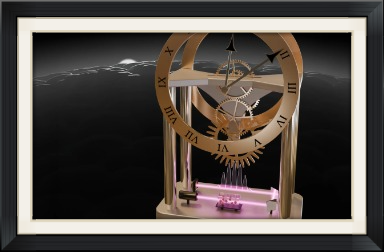
The first working nuclear clock in history is expected to be available soon, say team members from JILA -a joint institute of the National Institute of Standards and Technology (NIST) with the University of Colorado Boulder. They have identified each part they will use to build this clock, which is a major step forward in time keeping technology.
Atomic and Nuclear Clocks Explained
Atomic Clock:
- Utilizes an atoms'own natural vibrations to measure time.
- Necessary for international time zones, GPS systems and global financial transactions
Nuclear Clock:
- As mentioned before, if you don't have a reference of time to some naturally ticking thing such as atoms for example that measure changes in energy/vibrations inside the nucleus of an atom.
- Energy stored in nucleus makes it less sensitive to reason as accurate observations.
The Precision Frontier at JILA
- JILA researchers push the limits on time measurements
- Using that to detect miniscule changes in energy of an atom's work
Where It Stands Now:Nuclear Clock
- All the required components are lab tested
- Scientists are also dealing with specificity and sensitivity.
- Nuclear clocks could enable more practical, affordable and precise timekeeping technologies.
Month: Current Affairs - September 10, 2024
Category: